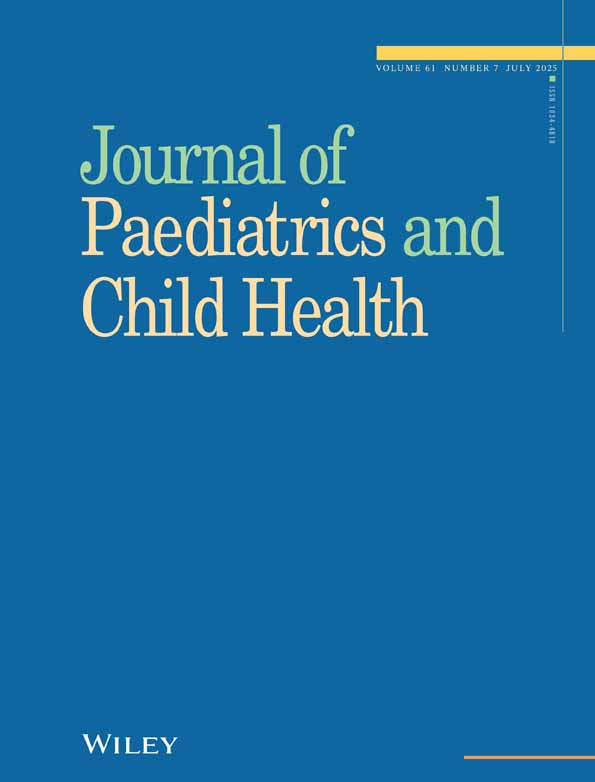Once versus twice daily amikacin in neonates: Prospective study on toxicity
Abstract
Objective: To compare the potentially toxic effects in fullterm neonates of amikacin administered once daily, versus amikacin administered twice daily.
Methodology: A controlled, randomized, prospective study in which one group of fullterm neonatal patients received amikacin 15 mg/kg per dose once daily (n = 20), and the other received amikacin 7.5 mg/kg per dose twice daily (n = 20). Impairment of renal glomerular function was defined as a decline of less than 50% of the expected physiological drop in serum creatinine over time. Brainstem auditory evoked potentials were also evaluated and amikacin blood levels taken.
Results: Fifteen patients in the once-daily group and 12 patients in the twice-daily group demonstrated at least one period of renal function impairment while in hospital. This decreased to five of 16 and four of 16 patients during follow-up. These differences were not statistically significant. Brainstem auditory evoked potentials did not find signs of ototoxicity at any time.
Conclusion: In fullterm neonatal patients, once daily dosing of amikacin is no more toxic than the twice daily regimen.




